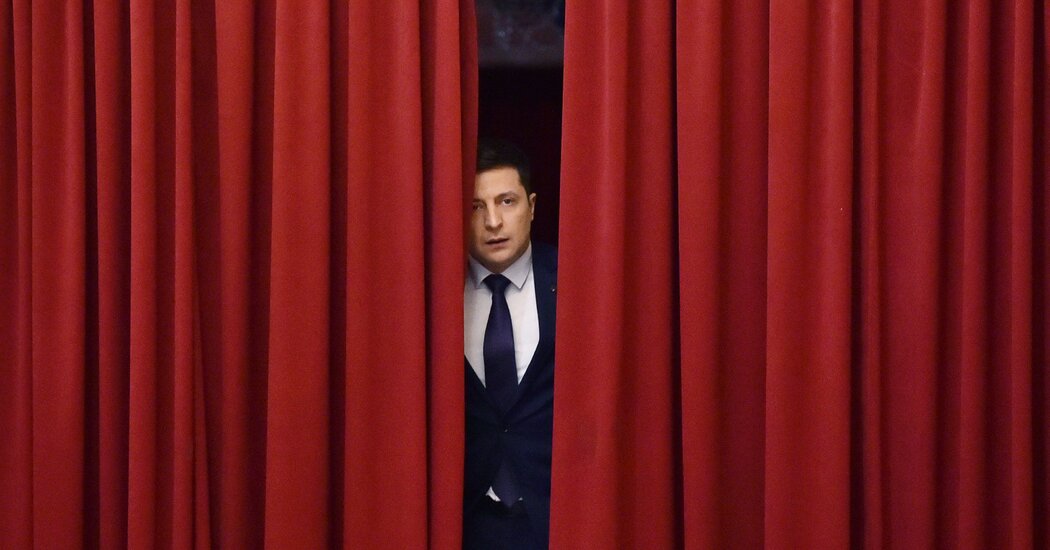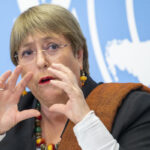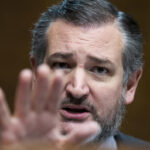
Over the decades, Mr. Putin has also played a character in the media, one that embodies very different ideas of strength and authority. They may not have had Charles Atlas ads in the Soviet Union that Mr. Putin grew up in, but his brand of machismo could have come straight out of them.
How the Ukraine War Is Affecting the Cultural World
Anna Netrebko. The superstar Russian soprano will no longer appear at the Metropolitan Opera this season or the next after failing to comply with the company’s demand that she distance herself from President Vladimir V. Putin of Russia in the aftermath of the invasion of Ukraine.
He has been photographed riding horseback, shirtless. (In contrast, the “Servant” credits have Holoborodko biking to work, a clothespin clipped to his trouser leg.) He has posed riding a motorcycle and doing judo and going spear fishing (again shirtless). In televised hockey exhibitions with government officials, he shoots goal after goal on an opposing team that puts up flimsy defense.
All this biceps-kissing, pump-you-up cosplay moved not only his domestic admirers but also some American conservatives, particularly during the Obama era. In 2014, the historian Victor Davis Hanson, writing in National Review, compared “bare-chested Putin,” who “gallops his horses, poses with his tigers and shoots his guns” with the “metrosexual golf get-ups” and “prissy poses” of the American president.
The pandemic, however, isolated and changed Mr. Putin, and his imagery changed with it. He was photographed alone in conference rooms. We saw him berating and bullying his cringing underlings in a televised meeting. Reportedly fearful of Covid, he took meetings at one end of a table so long it seemed to defy the laws of physics.
Maybe this was also an image of authority, but a different one. A strong leader, it said, is untouchable, inviolable, remote.
Ultimately, of course, Mr. Putin made himself a pariah not through his pictures but through his actions. Still, set-designing himself as a Bond villain hasn’t helped. It is a contest that Russia seems to know it is losing. Russia’s foreign minister, Sergey Lavrov, complained that his country was facing a “Hollywood” narrative of “absolute evil and absolute good.”




